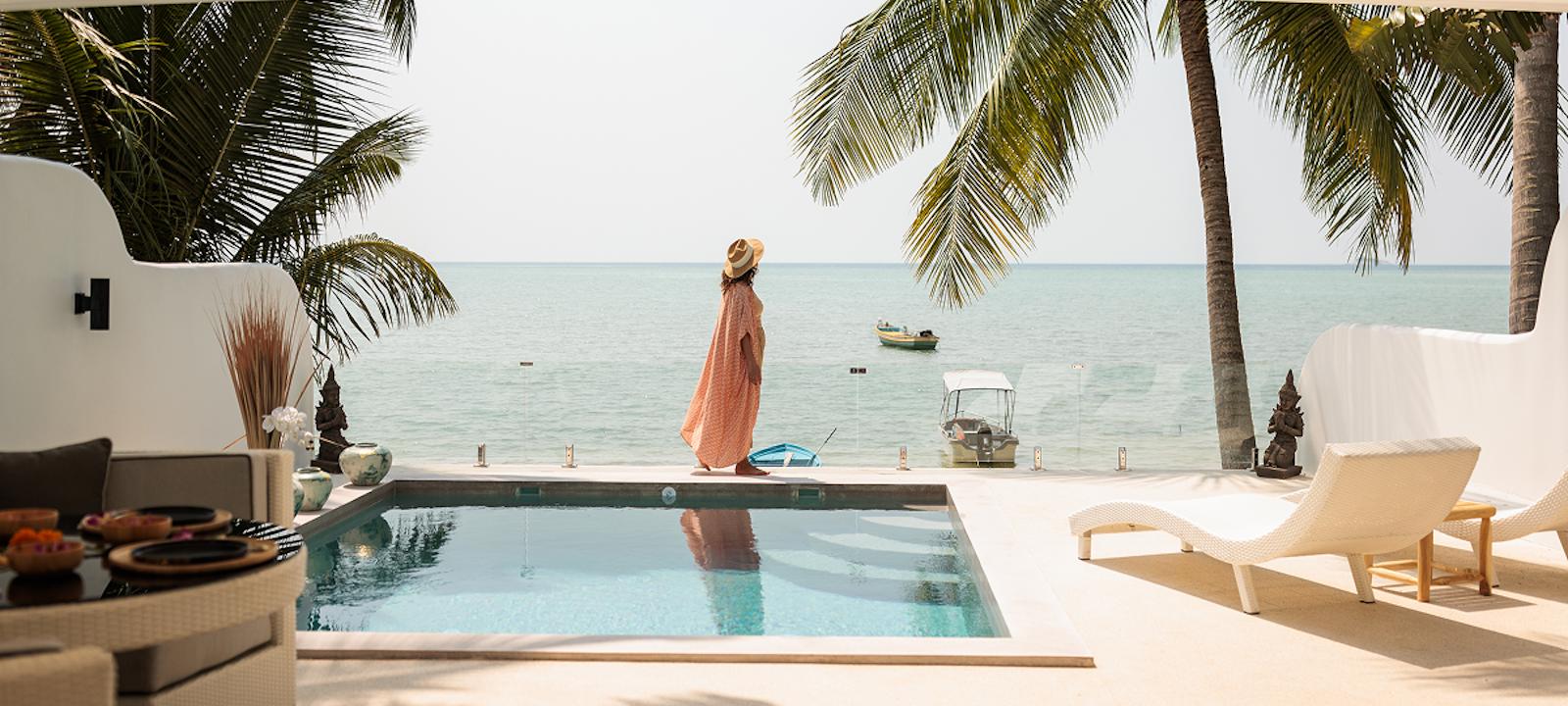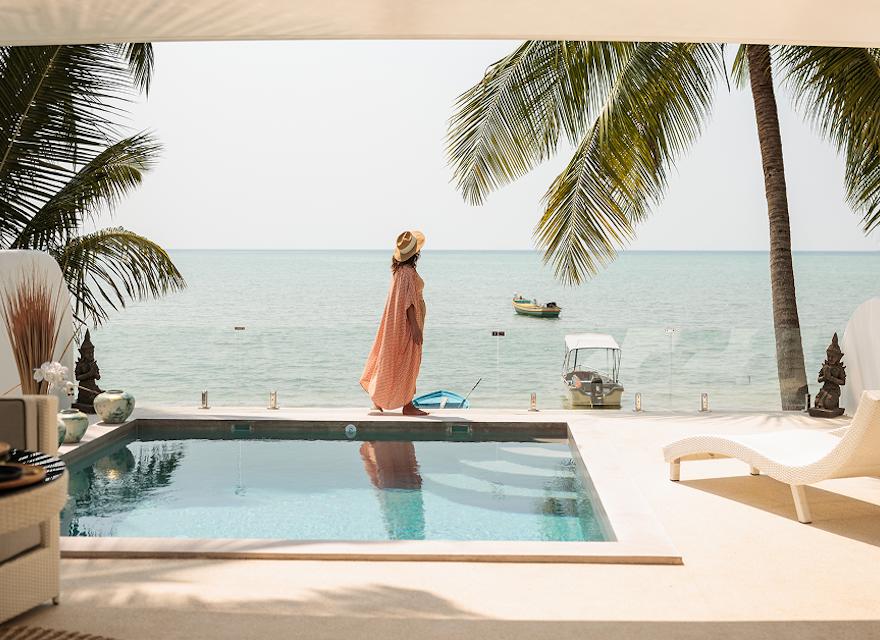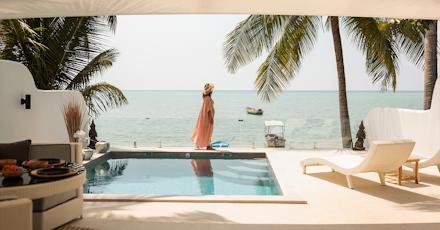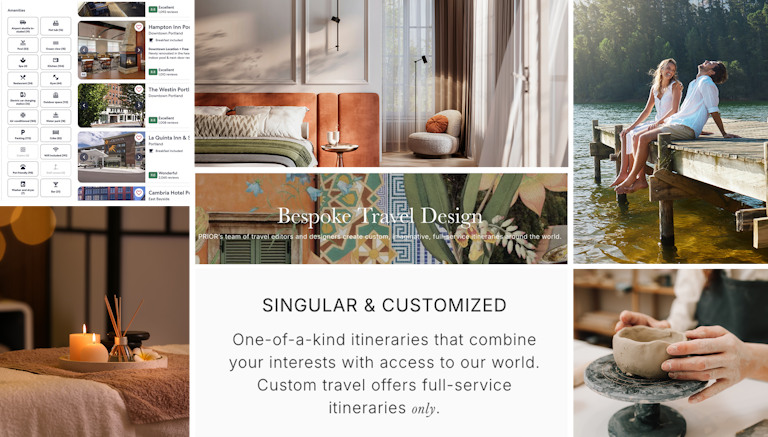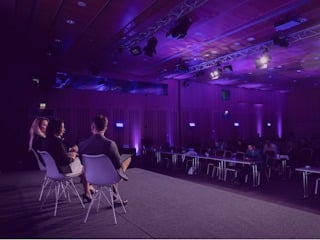Our Global Travel & Hospitality 2025 Outlook shows this divergence is not a paradox — it’s an opportunity. Understanding the motivation behind both ultra-customized and all-inclusive bookings is key to designing future-ready travel experiences.
Ultra-customization: personalization, down to the pillows
Ultra-customizable bookings, led by innovations like attribute-based selling, are giving travelers unprecedented control. Sabre called this a “game-changer” for the hospitality industry and 2025 is proving them right. With this approach, travelers can book based on specific room attributes: direction-facing views, floor levels, proximity to elevators and even in-room amenities like air purifiers or hypoallergenic bedding.
Key stats from our outlook:
- 62% of hotel operators are investing heavily in attribute-based selling to drive revenue and guest satisfaction.
- Marriott has committed $1 billion to digital transformation, a core component of which includes shifting to attribute-based booking.
Expedia is already showing what this looks like in practice. Its search filters let users refine stays based on personalized preferences like wellness facilities, pet policies or proximity to cultural landmarks. The idea isn’t just about filtering — it’s about empowering guests to build the exact experience they envision.
And it’s not just big brands leaning in. Boutique services like Prior offer “Bespoke Memberships” with handcrafted itineraries built collaboratively between travelers and travel designers. Here, personalization becomes a luxury feature and an emotional driver.
The all-inclusive comeback: simplicity meets aspiration
Meanwhile, the all-inclusive model — once the domain of convenience-seeking tourists — is getting a luxury facelift. And it resonates with an unexpected demographic: Gen Z.
Fueled in part by TikTok trends like #allinclusive, younger travelers are rediscovering the joy of having everything (flights, meals, experiences, transfers etc.) all bundled in a single price and interface. And thanks to digital storytelling, these packages are being rebranded from “budget” to “bougie.”
Key indicators:
- 42% of Gen Z travelers say all-inclusive is their preferred travel style.
- Searches using the “all-inclusive” filter on Hotels.com jumped 60% year-over-year.
- Forbes calls this shift “a new era of all-inclusive luxury.”
This new wave isn’t about cutting corners. It’s about reducing decision fatigue. With a generation that prizes wellness, convenience and value, all-inclusives are emerging as the antidote to overstimulation.
